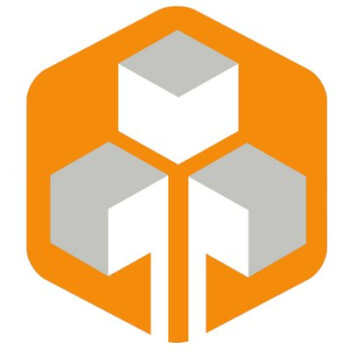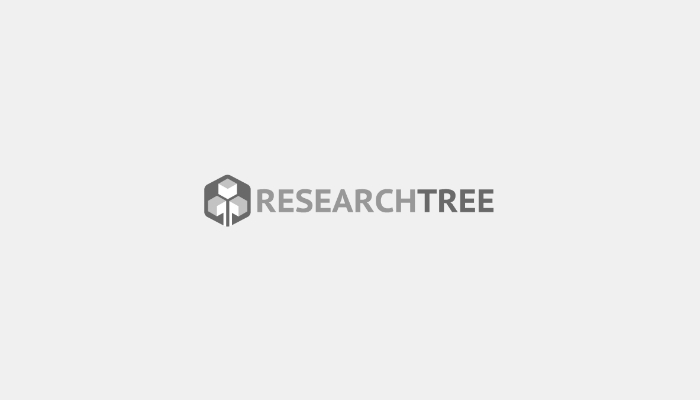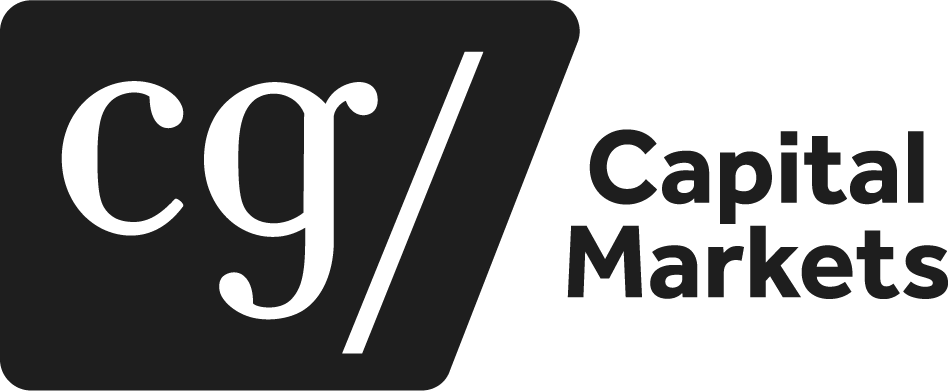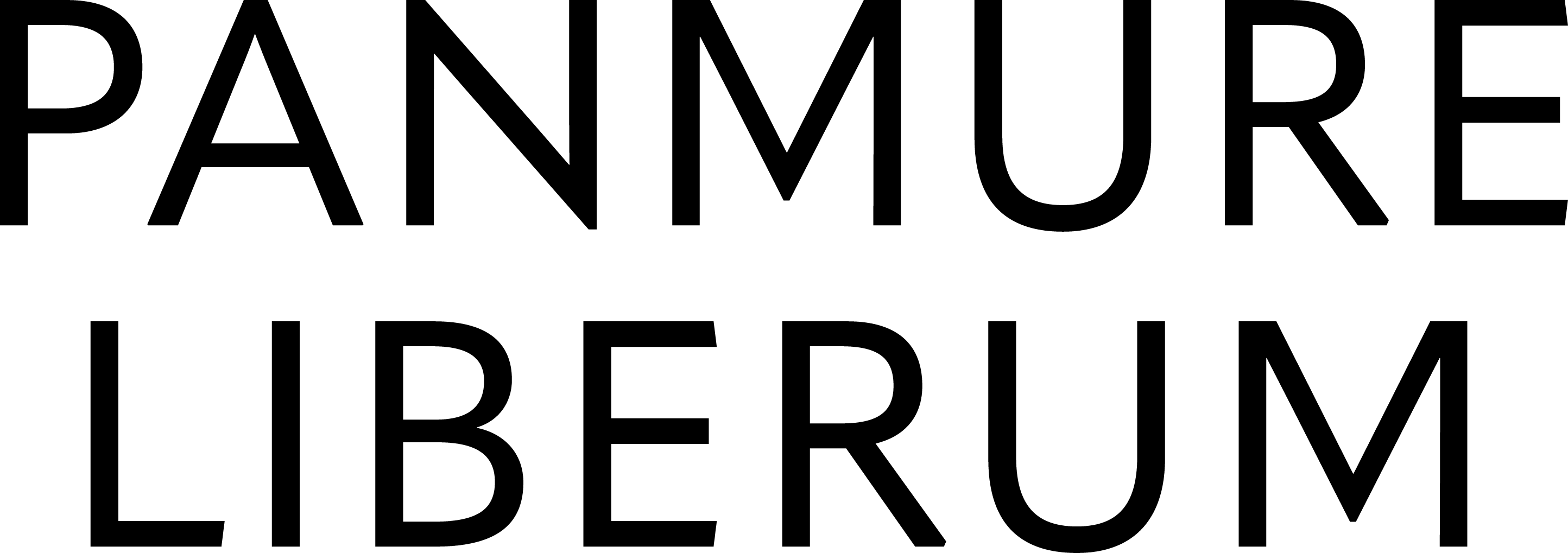The DHSC Budget and the three Small Cap outsource providers
Companies: KOO, MGP, UKXA
Reasoned not profligate outsource spending
It is really quite scary to think how much Covid-19 has cost the country so far, and it will continue to do so for years to come. I thought I would dig into the numbers a bit behind what we are spending on health and social care. There are some interesting insights.
There are some extreme examples of profligate expenditure – as seen last year in the desperate rush for PPE masks and gowns etc. Those sums of money were quite staggering.
David Williams, the department of health and social care’s (DHSC) second permanent secretary, told MPs that 900 of the private firm’s consultants were currently being used at a pay rate of £1,000 a day.
Funding for health services in England comes from the DHSC budget. Planned spending for 2020/21 was £201.7bn, up from £148.8bn in 2019/20.
Most of the core budget, excluding Covid-19 spending, is revenue funding for spending on day-to-day items such as staff salaries and medicines. The remainder is for capital spending on buildings and equipment.
The majority of this budget is transferred to NHS England and NHS Improvement for spending on health services.
The rest is allocated to other national bodies for spending on other health-related functions such as public health, training and development of NHS staff, and regulating the quality of care.
More than £50bn of extra funding is in response to the Covid-19 pandemic, which included procuring personal protective equipment for staff, developing the Test and Trace programme, extending use of the independent sector to undertake planned treatment, and improving the discharge process for hospital patients.
It is fair to state now that not all that spending is of an instant profligate nature – but the bulk is well considered and budgeted ahead of time.
Outsourcing in the NHS in England has increased substantially over the past 20 years as both Labour and Tory led governments have pursued policies of divesting frontline care and non-medical support services to external suppliers.
Some NHS services are already outsourced to private providers. Experts estimate that between 7% and 22% of the healthcare budget goes to private providers.
The out-of-hospital healthcare market is worth in excess of £20bn per year and is a growth market due to NHS plans to move non-acute care services out of hospitals and closer to home.
Interesting food for thought when considering the future shape of our economy...
My Research-Tree ‘Pick of the Bunch’
This week I am highlighting two Small Cap companies that I prefer in the NHS outsource market, together with an AIM newcomer upon which I will be doing deeper research in due course.
Medica Group (MGP), mkt cap £133m, price 119.5p
Following the cracking £14.5m acquisition of Dublin-based Global Diagnostics Ireland last November, this group is now the UK and Ireland market leader in the provision of teleradiology services to both the public and private health care sectors.
Its outsourced services cover the interpretation and reporting of MRI (magnetic resonance imaging), CT (computerised tomography), ultrasound and plain film (x-ray) images.
In addition, it is the market leader for the provision of retinal diagnostic screening in Ireland where it also provides selective managed services in diagnostics to the public and private sectors.
In the UK, Medica currently offers two primary services to hospital radiology departments: NightHawk, which is an urgent reporting service, and Elective, which includes routine cross-sectional reporting on MRI and CT scans, and routine plain film reporting on x-ray images.
The group contracts with the largest pool of consultant radiologists in the UK and Ireland, performing remote access teleradiology across its customer base of more than 100 NHS Trusts in the UK, the Irish HSE, private hospital groups and diagnostic imaging companies. This enables it to offer a fast, responsive service both during the day and importantly supporting urgent out-of-hours reporting.
Medica has developed a bespoke, secure IT platform that provides market-leading linkage between a hospital's Radiology Information System (RIS) and consultant radiologists who contract with the company. Direct RIS access ensures that where the wider patient medical history is available, it can be reviewed by the consultant as part of every report.
Last week the group issued a Trading Update for the year to end December, a period during which Covid-19 had a big negative impact on its business. Revenue is expected to come in at around £36.8m, showing a 21% fall.
Gross margins were good at 47.4%, however the cost of infrastructure investments together with the lower turnover, led to a 14% net operating profit against 24% previously.
As we go into 2021 the lockdowns will still be impactive. However, when they are over it is reasonable to expect the NHS to get back to handling its delayed waiting lists of patients, said to total some 4.5m, needing elective treatments. Then the group will be able to swing back massively.
On the face of it buying the shares now is taking a leap into Covid-locked down darkness, but I consider that tucking them away now will pay off handsomely in a short-timeframe.
Way back in the summer of 2017 the group’s shares were trading around 231p, they are now close to half of the price.
Totally (TLY) – mkt cap. £50m, price 27.5p
The healthcare services provided through Totally are delivered by three divisions:
- The Urgent Care Division provides services across England in partnership with the NHS, including NHS 111, GP Out of Hours, Clinical Assessment services and Urgent Treatment Centres. It is the largest independent provider of Urgent Treatment Centres in England.
- The Planned Care Division provides outpatient and referral management services to the NHS, delivering physiotherapy and podiatry services to patients in GP surgeries, community centres and prisons across England.
- The Insourcing Division reduces hospital waiting lists in multiple clinical specialities by delivering bespoke insourcing solutions to hospitals across the UK and Ireland. Insourcing is an innovative way to support hospitals to meet their patient waiting time targets following a GP referral.
The group has strong relationships with the NHS, healthcare commissioners and hospitals across the UK and Ireland, and supporting government bodies to proactively manage the demands placed on healthcare services. It also contracts with private sector organisations.
The group’s management is determined to build Totally into a leading ‘out of hospital’ healthcare service provider in the UK to help address some of the biggest challenges the UK faces in terms of healthcare. The ‘out of hospital’ healthcare market is worth in excess of £20bn per year.
Its goal is to reduce people’s reliance on unplanned healthcare services, avoiding unplanned admissions and reducing readmissions to hospital, by reducing the demand for emergency healthcare services such as A&E, 111 and Out of Hours GP services.
Just last week it announced a number of contract extensions and continued funding to pilot Covid-19 specific clinical services for its Urgent Care subsidiaries, which have seen a huge surge in demand over the past year, due primarily to the Covid-19 pandemic.
The group, which has a ‘buy and build’ consolidation strategy, has identified public-market outsourced health services, a somewhat fragmented market, as an attractive prospect. That fits in with the NHS trend towards outsourcing and outcome-based commissioning.
As part of that strategy to become a £100m group, it is targeting attractive companies in the UK health sector that share Totally’s vision for integrated and cohesive ‘out of hospital’ healthcare.
Despite Covid-19 the group’s first half turnover to end September increased 9% to £54.1m, delivering a £10.2m gross profit (£9.8m), EBITDA turned around from a loss of £2.1m to a positive £2.3m. Pre-tax profit was £0.1m compared to a £2.6m loss previously. The group showed net cash of £12.3m at interim stage (£8.9m).
Its shares have been a good market over the last year, moving from a low of 8.95p to 22.5p in 2020, they responded to the latest contract news by hitting 29p before slipping back slightly.
Kooth (KOO), mkt cap. £90m, price 271.5p
Until last Saturday morning I had never seen or heard of this recently floated company.
That was after brokers Panmure Gordon handled a Placing at 200p a share of 8m new shares and a vendor disposal of some 5m shares by Root Capital Fund 11.
The company, which was established way back in 2001, was acquired in 2015 by Root Capital, which is a private equity company. After the IPO its holding today is down to 50.2%.
It was only at the weekend that I noted the company had announced a Trading Update last Friday.
In 2019/20, the NHS budget on mental health was in the region of £13.06bn, representing 14.1% of local health spending. So, it is operating in quite a big marketplace.
The company also provides these services to businesses and charities. It employs some 300 people, a third of whom are professional counsellors.
It projects the use of digital technology to make mental health services accessible to all, spanning prevention, early intervention and ongoing care.
The new funds raised are to support its growth plans, which include investing in its platform and service offering and expanding within strategic markets.
Its management sees a significant opportunity to scale up the company to support the growing demand for mental health services in both the UK and internationally.
Last Friday the company announced a Trading Update for the year to end December 2020.
Net cash at year end was £7.8m, with the group being debt free following its recent IPO.
It has an impressive annual recurring revenue of over £13m and a 3.5-year historic annual ARR compound annual growth rate of 40%.
It has some 33m shares in issue. Apart from Root Capital, other large holders include Canaccord Genuity Wealth with 7.9%, Gresham House Asset Management own 7.2%, Stancroft Trust have 6.1%, and Premier Miton hold 4.9% of the equity.
As yet, I have done no real research on the company and its prospects, so I will await the publication of its finals in April.
IMPORTANT NOTE:
Due to the ongoing lockdown policies both Medica Group and Totally have given no revenue or profit guidance for this year and next. Both companies should be announcing results in the next couple of months or so, at which they could well give the market indications of future financial prospects. However, when the restrictions are off both groups are expected to react very positively.
About the author
He has been around the track a few times, now this former stockbroker and AIM company boss, gives us his views and pointers on his specialist subject – The UK Smaller Company Sector.
His comments are his own, he is not giving readers advice on whether you should Buy, Sell or Hold any of the companies that he might mention in his market ramblings.
He does not know what you might be looking for in your market dealings, so it is imperative that you must make up your own mind on his column’s content.
Check up on the Research Tree Company Profile pages in helping forge your own opinions.








